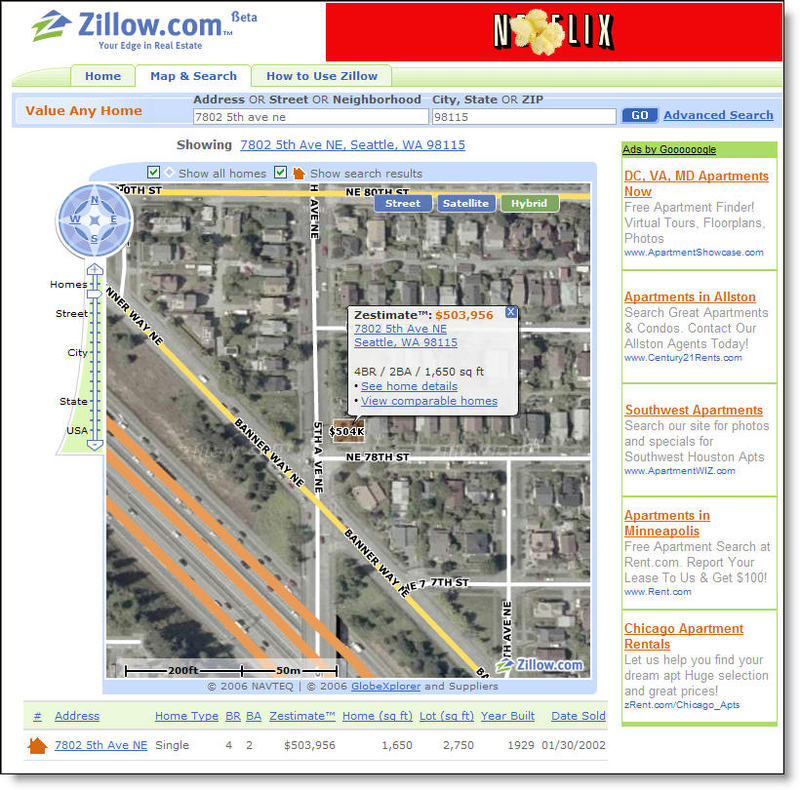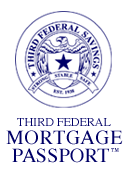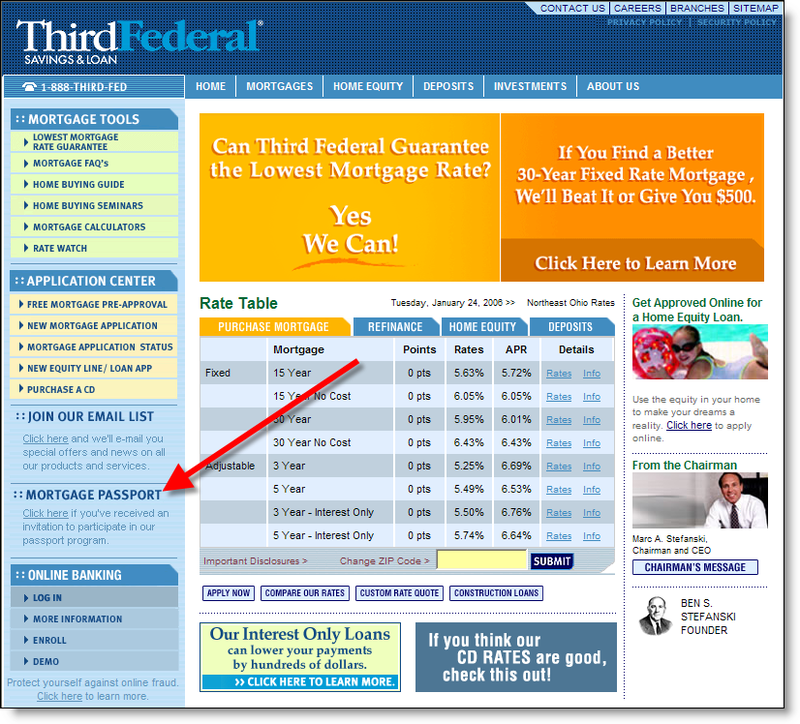![]() In many urban markets, new tools aimed at homebuyers are about to alter the purchasing paradigm. These tools, which make it much easier to scour home listings, determine market value, and make legally binding purchase offers, are slowly diminishing the role of the real estate agent, especially
In many urban markets, new tools aimed at homebuyers are about to alter the purchasing paradigm. These tools, which make it much easier to scour home listings, determine market value, and make legally binding purchase offers, are slowly diminishing the role of the real estate agent, especially![]() on the buy side (sellers still need access to the multiple listings). Already, 24 percent of recent homebuyers first learned of the home they eventually bought through their own Internet research (see Note 1 below).
on the buy side (sellers still need access to the multiple listings). Already, 24 percent of recent homebuyers first learned of the home they eventually bought through their own Internet research (see Note 1 below).
What does this have to do with online finance? Plenty. With 77 percent of home buyers already using the Internet in their home search (see Note 1, below), the online real estate venues will begin to play a much larger role in the process. Financial institutions that get their name in front of homebuyers early in the process have a much higher likelihood of being chosen as the mortgage lender. And with buyers less likely to contact a real estate agent early in the process, traditional agent referrals will become less of a factor in the mortgage-purchase decision.
The Latest Homebuying Resources
Zillow <zillow.com>, the Seattle-based company launched Feb. 8 to much fanfare (so much that it crashed the site) including favorable articles in Walt Mossberg’s Wednesday WSJ column, Seattle Times business section, The New York Times, and many others. Zillow, started by former Expedia founder and CEO, Rich Barton, allows users to research comparable housing market values, both current and historic. Similar services have been around for almost a decade, but none match Zillow’s depth of information and ease of use (click on screenshot right for a closeup). Note: Zillow is using an advertising business model. Currently, it displays Google AdSense ads on the right, banner ads across the top, and other ads scattered throughout the site. Real estate brokers and lenders are expected to be major advertisers. ZipRealty, a buyer’s agent that rebates 20 percent of the commission, is a major sponsor at launch. Other similar services: HouseValues.com, HomeSmartReports.com, and HomePriceCheck.com (from LendingTree).
Redfin <redfin.com> another Seattle-based startup, provides not only home-value data, but also overlays home-for-sale listings and recent sales on a satellite image of the neighborhood (click on inset for closeup; red boxes are homes currently for sale, blue-green indicates a recent sale). And with a business model that includes pocketing 1/3 of the home-sale commission, while rebating 2/3 to the buyer, it offers a potentially disruptive business model to the real estate industry which generated more than $60 billion in commissions in 2005 (reference: Seattle Times, Feb. 5, 2006). Although the site covers only the Seattle metro area at this time (which generated $1 billion in commissions in 2005), its primarily California-bred executive team is planning a San Francisco area launch later this year.
Action Items
- Keep abreast of homebuying venues in your market areas. Consider advertising or sponsorship opportunities to drive new buyers to your financing options.
- Improve the visibility and benefits of your mortgage preapproval program. Look at what Third Federal has done with its Mortgage Passport, a lifetime mortgage preapproval service (NetBanker Jan. 23, 2006).
- Develop a robust real estate marketplace for your website. Use your impartiality as a drawing card, e.g., "Looking for a home? Check out yourbank.com’s Real Estate center, where we show you how to find ALL the homes in the market, not just the ones your agent wants you to see."
- For those not currently receiving referrals from real estate agents, consider adopting the Redfin discount real estate agent model, helping buyers earn large commission rebates. You could even take it one step further, allowing the rebate (which could be as high as 3 percent of the purchase price) to pay for all or part of the down payment at closing.
Run this scenario by your legal department: The bank refers customers to a flat-fee real estate attorney who handles the purchase offer and subsequent negotiations for a pre-set fee; let’s call it $500 (see Note 1). The remainder of the buying agent’s commission is used as down payment for a mortgage from your bank. On a $400,000 home, that potentially makes more than $10,000 available for the down payment.
Big Caution: Anyone helping cut real estate agents out of their full commissions will be extremely unpopular, and will face backlash from the local real estate industry. This strategy (#4) works only for financial institutions with relatively few ties to the existing homebuying power structure.
— JB
Continue reading “Zillow and RedFin Cater to Do-It-Yourself Homebuyers”







